We launched SensioCloud in 2017, which became SymfonyCloud in 2019. SensioCloud was our first cloud product, targeted at companies with "big needs". SymfonyCloud was more about having a Symfony-optimized cloud for everyone. We built both platforms on top of Platform.sh, which gave us all the primitives we needed to build a great developer experience, optimized for Symfony projects.
SymfonyCloud is a layer on top of Platform.sh that adds features to make managing Symfony projects easier. Coupled with Symfony CLI, we're making the experience as "native" and integrated as possible: from local development to deploying your applications in the Cloud, from conventions based on environment variable names to built-in support for advanced Symfony features like async messages, email sending, scalability, and more.
SymfonyCloud grew at a fast pace during the last two years and at the same time, Platform.sh also added many great features. But as SymfonyCloud was implemented as a single dedicated Platform.sh region, we were slow to adopt new Platform.sh features.
To help us scale SymfonyCloud, we have decided to merge it into Platform.sh. It means that instead of providing the SymfonyCloud experience on a single AWS region in Europe, we are now letting any Platform.sh customer benefit from the SymfonyCloud experience.
There are many advantages from this change, but the main ones are the following:
Deploy your projects on one of the 9 Platform.sh geographical regions in the world, on all major cloud providers; Benefit from a brand web UI in addition to the Symfony CLI; Enjoy the same experience through the Symfony CLI you are already using; Discover the many features that were only available on Platform.sh.
And best of all, there is one thing that does not change: any Platform.sh project using the SymfonyCloud experience contributes to fund the Symfony project.
If you want to learn more about using Platform.sh for your Symfony project, you can read our official documentation. The Symfony book is also a great place to see Platform.sh and its Symfony integration in practice.
The official Platform.sh documentation is the ultimate documentation reference, just be sure to replace any mention of the platform CLI with symfony.
To initialize Platform.sh support in an existing Symfony project, run symfony project:init, which generates optimized Platform.sh configuration files based on the version of Symfony you are using.
To start a new project with a sensible Platform.sh configuration, use the --cloud flag when running symfony new ... --cloud.
To get started, you can also start with one of our Platform.sh templates:
To bootstrap a Symfony 6.0 project:
PHP Webapp Base Demo
8.1
8.0
Or a Symfony 5.4 one:
PHP Webapp Base Demo
8.1
Not available
8.0
Not available
During the last months, we have migrated SymfonyCloud customers to Platform.sh. At the end of February, we finished this migration and it went very well. With more than 98% projects having migrated (and almost 100% of the projects live in production, only one project did not migrate), I want to thank all our customers for their support and their help during the transition.
Sponsor the Symfony project.Autentifică-te pentru a adăuga comentarii
Alte posturi din acest grup
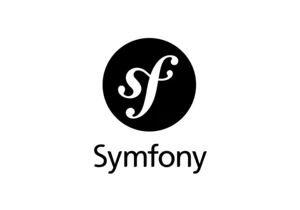
Symfony 6.4.24 has just been released. Read the Symfony upgrade guide to learn more about upgrading Symfony and use the SymfonyInsight upgrade reports to detect the code you will need to change in you
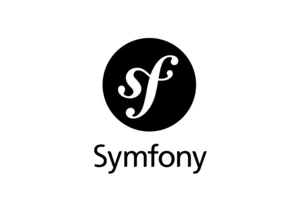
Symfony 7.2.9 has just been released. Read the Symfony upgrade guide to learn more about upgrading Symfony and use the SymfonyInsight upgrade reports to detect the code you will need to change in your
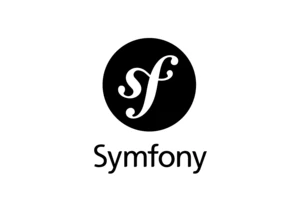
Symfony 7.3.2 has just been released. Read the Symfony upgrade guide to learn more about upgrading Symfony and use the SymfonyInsight upgrade reports to detect the code you will need to change in your
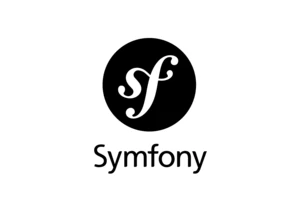
This week, development focused on the upcoming Symfony 7.4 and 8.0 releases. We added new features such as the ObjectMapperAwareInterface, improved value transformers in JsonStreamer, and enabled load
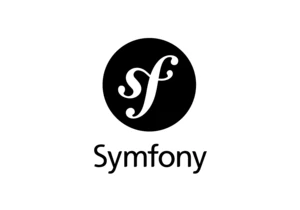
Symfony is turning 20 and we’re throwing a party you won’t want to miss! 🥳
Join us for an unforgettable evening of drinks, music, and great company at the Kanarie Club in Amsterdam!
This year
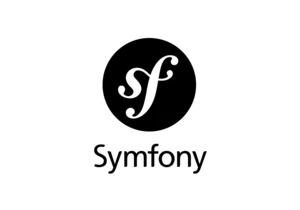
This week, the upcoming Symfony 7.4 version improved the Serializer component by adding more prefix support to the accessor, added more code to make the JsonPath component RFC compliant, and added sup
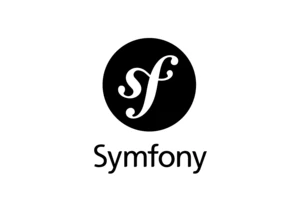
This week, Symfony unveiled the Symfony AI initiative, a set of components and bundles designed to bring powerful AI capabilities directly into your PHP applications. In addition, we published travel
